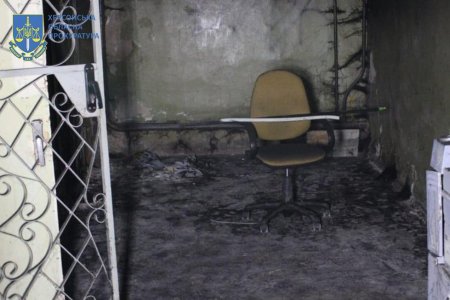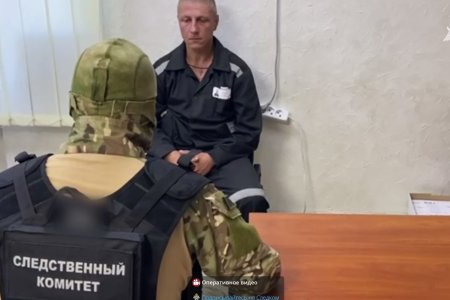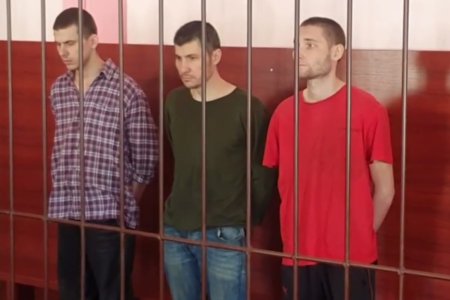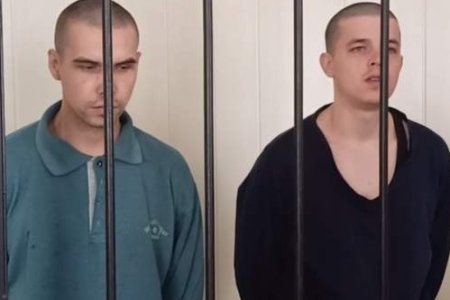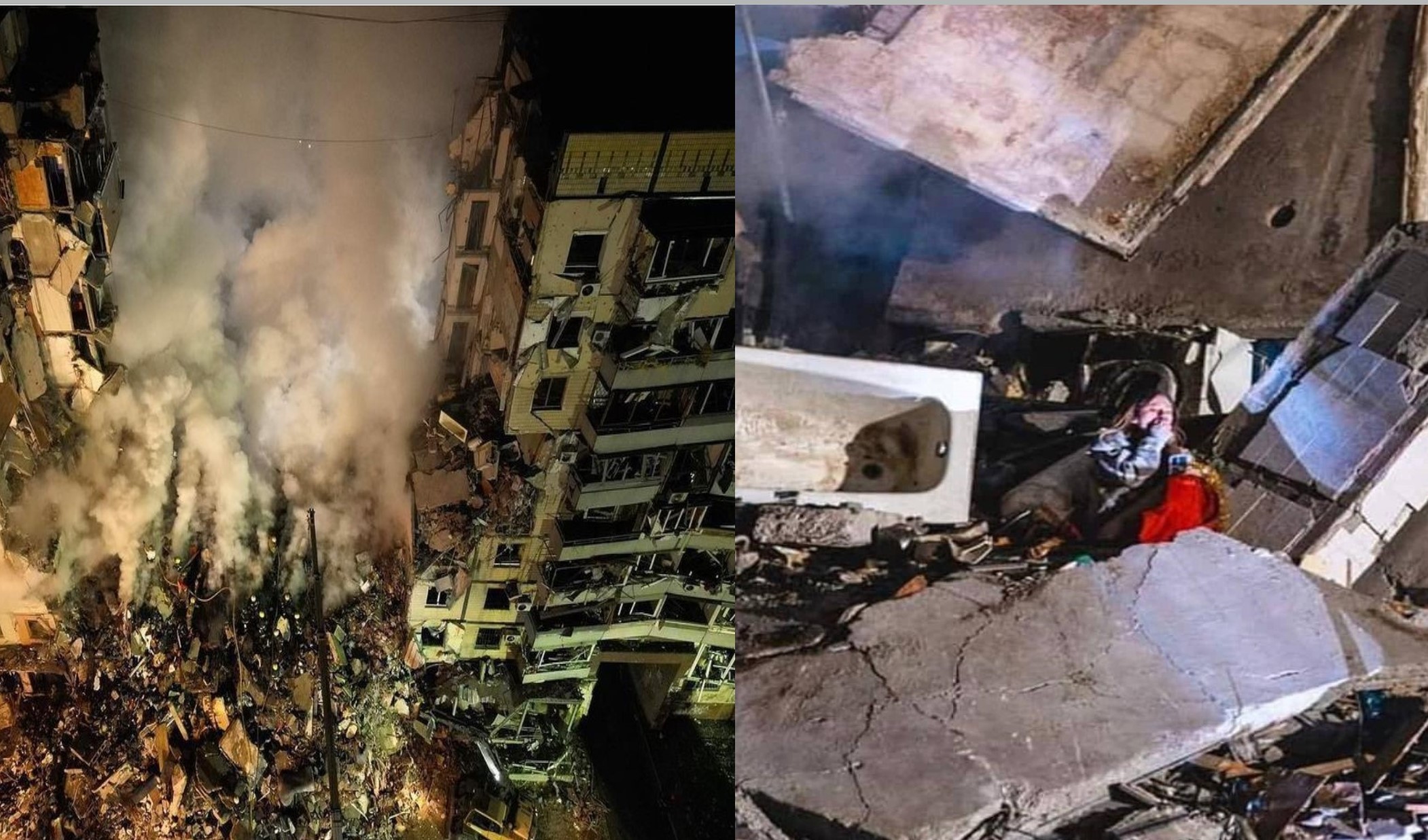
The Independent International Commission of Inquiry on Ukraine has confirmed ongoing evidence of the Russian armed forces committing war crimes, as well as possible crimes against humanity, in Ukraine. While the findings of this Commission, created by the UN Human Rights Council soon after Russia’s full-scale invasion of Ukraine, certainly gain more international publicity than those of Ukrainian investigators, none of the information is in any way new. The evidence, especially of civilians and critical infrastructure being targeted is overwhelming and it is not entirely clear why the International Criminal Court has thus far only issued two arrest warrants over one war crime – those against Russian president Vladimir Putin and his so-called commissioner on children’s rights Maria Lvova-Belova over the deportation of Ukrainian children to Russia. Key Russian figures, including Putin’s press secretary Dmitry Peskov, as well as Putin himself, have left no reason to doubt that the attacks on vital infrastructure are deliberate, aimed to hit when the suffering caused will be greatest and that those in power are either behind such crimes, or directly complicit.
Eric Møse, the Commission’s Chair provided an update to the UN’s Human Rights Committee on 25 September, as well as holding a press conference on their findings.
This was the second time in just weeks that investigators linked to United Nations bodies spoke of Russian torture of civilian hostages and prisoners of war being systematic practice. On 10 September, Dr Alice Edwards, UN Special Rapporteur on Torture, said at a press conference in Kyiv that she had heard over and over again of the same forms of torture being applied. Her interviews with former hostages and POWs, as well as other research, had led her to conclude that such treatment by the Russians was of a systematic nature, and that this was part of Russian state-endorsed policy.
The Independent Commission was initially set up for one year, with its mandate extended for a further year in March 2023. During his address on 25 September, Møse explained that after documenting the spread and gravity of violations during their first mandate, they are now “undertaking more in-depth investigations regarding unlawful attacks with explosive weapons, attacks affecting civilians, torture, sexual and gender-based violence, and attacks on energy infrastructure”, with this enabling them to determine whether the use of torture and attacks on energy infrastructure amount to crimes against humanity.
As have all previous investigators, the Commission praised the cooperation provided by the Ukrainian authorities and “regrets that all communications addressed to the Russian Federation remain unanswered.”
There may well be a different type of Russian ‘response’ since Russia’s only acknowledgement of the International Criminal Court’s arrest warrants against Putin and ongoing investigation in Ukraine has been seen in its ‘criminal proceedings’ and ‘arrest warrants’ against the Chief Prosecutor and, on 25 September, against the entire leadership of the International Criminal Court.
The Commission confirmed that in most cases that they had investigated, there had been no military presence which could have explained Russia’s bombing and shelling of residential buildings, a medical facility, a railway station and other civilian structures. In condemning such attacks, the Commission stressed that civilians and medical institutions have protected status under international law.
The Commission “has collected further evidence indicating that the use of torture by Russian armed forces in areas under their control has been widespread and systematic” and that in some cases it had resulted in the death of the victim.
The Commission also “found that in the Kherson region, Russian soldiers raped and committed sexual violence against women of ages ranging from 19 to 83 years, often together with threats or commission of other violations. Frequently, family members were kept in an adjacent room, thereby forced to hear the violations taking place.”
It is still investigating both the reasons for the breach of the Kakhovka Dam on 6 June and the consequences of the catastrophic flooding it caused. As reported, satellite images have largely confirmed Ukraine’s allegation that the Russians caused the breach through an explosion on territory under Russian occupation. Suspicion was only compounded by the fact that the Russian government had, seven days earlier, given a carte blanche to not investigate such attacks, and, still more so when it became clear that the Russians had also blown up other dams in Zaporizhzhia oblast to try to stop the advancing Ukrainian Army.
The Commission is also investigating cases involving children being illegally taken to Russia, and expressed concern at the lack of clarity and transparency as to how many children are being thus taken away. This, the Commission pointed out, will “hamper an expeditious return process.”
One area of frustration for Ukrainian investigators has been the public statements by some international bodies that they have not found evidence of genocide in Ukraine. It is therefore cheering that the Commission expressed concern about allegations of genocide and stated that “some of the rhetoric transmitted in Russian state and other media may constitute incitement to genocide”. It added that it is continuing its investigation into this.
That is certainly a positive step, however it is worth noting that international lawyers, human rights defenders and others published a study back in May 2022, detailing the grounds for concern about likely genocide by Russia in Ukraine. These included the constant denial by Russia’s leaders and the media of the very existence of a Ukrainian identity; their use of dehumanizing language and propaganda to justify atrocities beyond the battlefield. They wrote that “the Ukrainian civilian population and elites are being described to Russians as their mortal enemies, some of whom must be liquidated.”
The report reminded readers and the international community that such evidence “triggers the legal obligation of all States to prevent genocide.”
A later report also gave example after example of high-ranking Russian officials and the state-controlled media guilty of direct incitement to genocide (details here).
